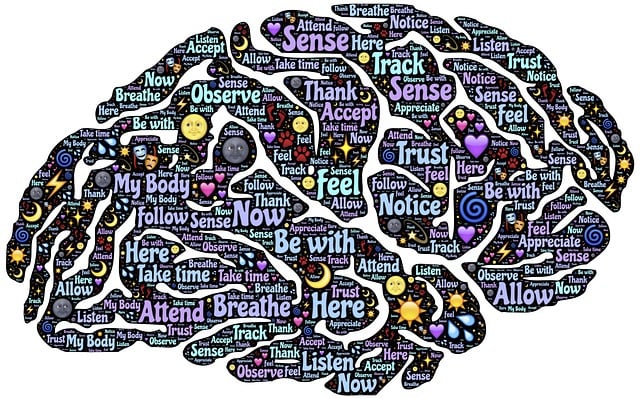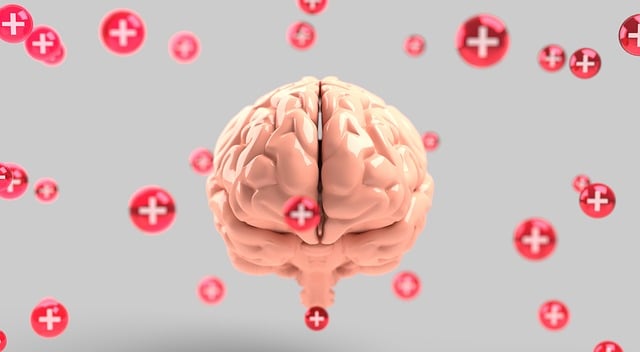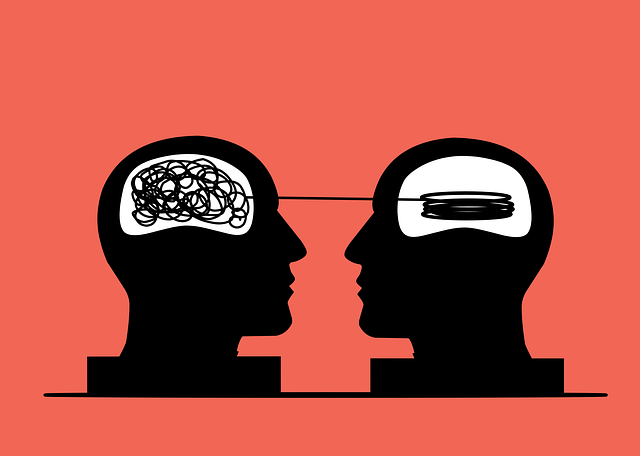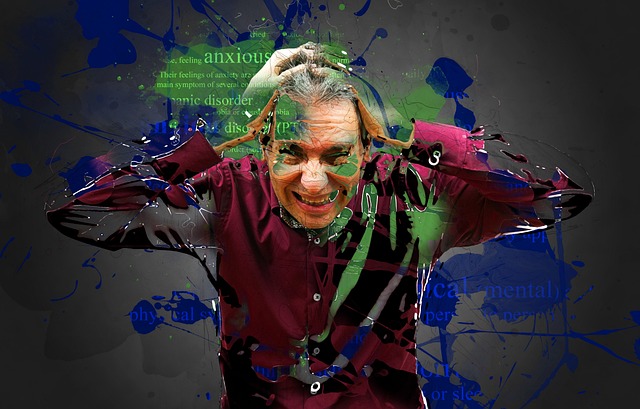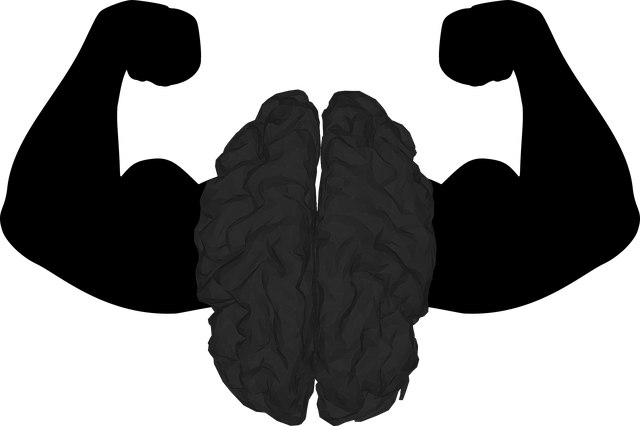Social Skills Training (SST) is a specialized therapeutic approach for young adults with developmental disabilities, addressing unique social and communication challenges associated with conditions like autism spectrum disorder (ASD) or intellectual disabilities. Through interactive activities, role-playing, and practical strategies, SST equips them with essential skills, boosts confidence, promotes self-care, cultural sensitivity, and inner strength. Tailored communication strategies and stress reduction techniques help manage mental health conditions such as anxiety disorders, depression, and ASD, improving overall well-being and independence. Key components include cognitive-behavioral therapy (CBT), coping skills development, and ongoing Mental Wellness Coaching for substantial emotional growth.
Social skills training is a powerful tool that empowers young adults with developmental disabilities to navigate social interactions successfully. This article explores how structured training can significantly improve mental health outcomes, enhancing their ability to form connections and manage relationships. We delve into the unique challenges faced by this demographic, backed by scientific evidence, offering insights on effective strategies and accessible resources, including therapy options tailored for supportive care.
- Understanding Social Skills Training: A Vital Tool for Young Adults with Developmental Disabilities
- The Impact of Mental Health Conditions on Social Interaction
- Effective Strategies and Techniques in Social Skills Training
- Accessing Resources: Therapy Options for Supportive Care
Understanding Social Skills Training: A Vital Tool for Young Adults with Developmental Disabilities

Social Skills Training is a specialized therapeutic approach designed to equip young adults with developmental disabilities the essential social and communication skills needed for navigating daily life. This tailored therapy goes beyond traditional mental health interventions by focusing on the unique challenges faced by this demographic, such as autism spectrum disorder or other intellectual disabilities.
By incorporating interactive activities, role-playing scenarios, and practical strategies, Social Skills Training empowers young adults to build confidence in social interactions. It fosters self-care practices, enhances cultural sensitivity in mental healthcare practice, and cultivates inner strength development—all crucial elements for promoting their overall well-being and independence. This supportive training environment allows them to learn, practice, and generalize social skills in a controlled setting before integrating them into their daily routines.
The Impact of Mental Health Conditions on Social Interaction

Mental health conditions can significantly impact an individual’s ability to engage in social interactions. For young adults with developmental disabilities, navigating social scenarios can be particularly challenging. Conditions such as anxiety disorders, depression, and autism spectrum disorder (ASD) often present with symptoms that hinder effective communication and social connection. These may include social anxiety, difficulty interpreting social cues, or challenges in initiating and maintaining conversations.
In the context of therapy for young adults with developmental disabilities, addressing these issues is crucial for enhancing mental wellness. Learning communication strategies tailored to individual needs can help foster meaningful interactions. Additionally, stress reduction methods play a vital role in managing symptoms that may arise in social settings. Through targeted interventions, individuals can develop skills to navigate social situations more comfortably, ultimately improving their overall mental health and quality of life.
Effective Strategies and Techniques in Social Skills Training

Social Skills Training (SST) employs a multi-faceted approach to equip individuals with mental health conditions, especially young adults with developmental disabilities, to navigate social interactions with confidence. Effective strategies often include role-playing exercises that simulate real-life scenarios, fostering an environment where participants can practice assertive communication, develop emotional regulation skills, and learn to interpret nonverbal cues. These techniques are instrumental in enhancing social integration and improving overall mental wellness.
One of the key components is teaching mood management strategies tailored to individual needs. By integrating SST with emotional healing processes, individuals acquire tools to recognize and manage their emotions, thereby reducing anxiety and depression. Additionally, Mental Wellness Coaching Programs Development plays a vital role by providing ongoing support, encouraging self-reflection, and promoting personal growth. This holistic approach ensures that participants not only gain proficiency in social skills but also experience significant improvements in their emotional healing processes and overall mental health.
Accessing Resources: Therapy Options for Supportive Care

Accessing resources for supportive care is a vital step in managing mental health conditions, especially for young adults with developmental disabilities. Therapy plays a crucial role in this journey, offering various options tailored to individual needs. Cognitive-behavioral therapy (CBT) has proven effective for many, helping them manage symptoms and develop coping skills. This form of therapy is particularly beneficial for those dealing with anxiety, depression, or other common mental health challenges.
When considering therapy, cultural sensitivity in mental healthcare practice should be at the forefront. Mental health professionals must be equipped to assess risks and provide appropriate interventions while respecting diverse backgrounds. Incorporating culturally specific techniques and ensuring inclusive environments can enhance therapeutic outcomes. Additionally, coping skills development is an integral part of the process, empowering individuals to navigate life’s challenges with resilience and self-efficacy.
Social skills training emerges as a powerful tool for young adults navigating both mental health conditions and developmental disabilities. By understanding the unique challenges they face in social interaction, we can implement effective strategies to enhance their communication abilities. Accessing appropriate therapy options—whether through professionals specializing in social skills development or supportive care resources—is crucial for fostering inclusion and improving quality of life for this vulnerable population. This comprehensive approach ensures that young adults with developmental disabilities receive the necessary support to thrive socially while managing their mental health.

